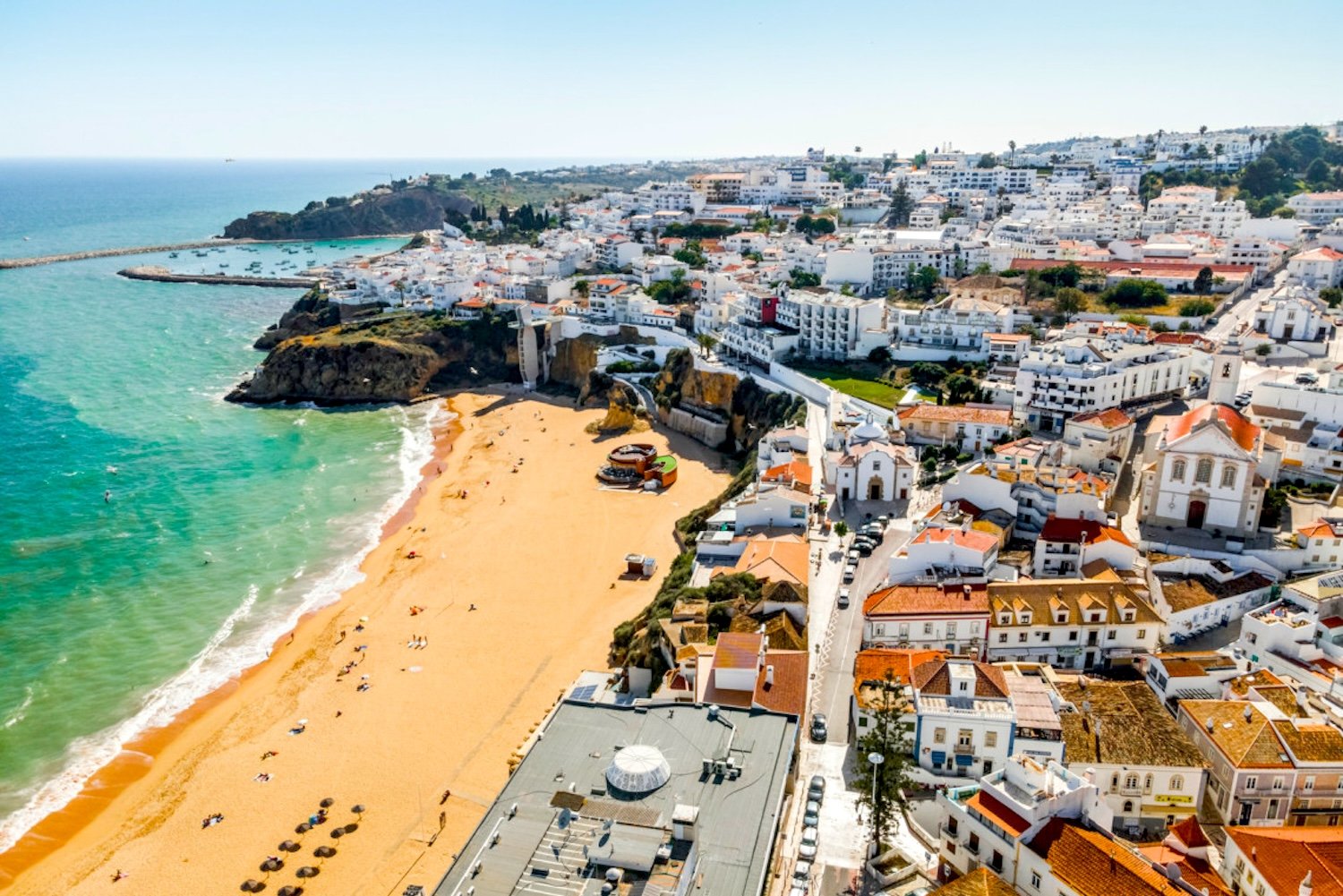In a world where ultra-wealthy Americans buy lavish houses on Indian Creek Island in Florida, known as the ‘Billionaire Bunker,’ and tech tycoons are purchasing military-style luxury bunkers to survive societal collapse, one country is surprisingly attracting new interest. With real estate still beyond the reach of the average person in those places, many are looking 7,300 kilometres away to the sunlit paradise on the edge of Europe: Portugal.
Portugal’s Property Boom
Over the past few years, Portugal’s real estate market, especially in the Algarve region, has experienced a monumental shift in its clientele. Once dominated by British buyers, these agencies are now receiving an overwhelming number of inquiries from Americans. That growth has been so quick that, according to Bloomberg, high-end home prices in the city on the Atlantic coast have surged over 30% in the past year alone.
The Portuguese Service of Foreign Immigration reports that the investment in Portuguese real estate from America tripled since 2021 and now stakes at over $30 million USD. And the Portuguese Property Association revealed that currently, 10% of all foreign buyers are from the US, a large percentage compared with before the pandemic, when Americans made up less than 1% of Algarve’s high-end buyers.

While the Algarve has seen a fair number, a large percentage of Americans are finding their home elsewhere in Portugal. As of 2022, nearly 10,000 Americans lived across the country, showing a 239% hike since 2017. These numbers are strengthened by data from the Portuguese Immigration and Borders Service, according to which 216 Americans were also granted permanent residency in 2022—more than any other country.
Why Portugal?
There are several factors at play:
Related Stories
- Affordable Luxury: Property in Portugal is priced far below that of the US. For example, in California, one may pay upwards of $700,000 USD for a house that could buy luxurious property in prime areas of Lisbon or the Algarve.
- Quality of Life: Portugal boasts a high living standard but with a laid-back pace, good weather, amazing beaches, and rich cultural experiences. Americans are increasingly attracted to the low cost of living, including affordable housing, healthcare, and dining, which contrasts sharply with major US cities like New York and Los Angeles.
- Tax Benefits: Another important incentive by the Government of Portugal is in the form of tax benefits, such as the Non-Habitual Resident Regime (NHR), which offers extraordinary benefits to foreign retirees and remote workers.
- Safety and Security: Portugal enjoys a top world-ranking in terms of safety. It is consistently ranked as one of the safest countries in the world by the Global Peace Index since 2008, therefore undoubtedly offering an attractive destination to all those concerned about security and peace of mind.
The Portuguese Welcome Mat

Portugal isn’t just watching this influx; it’s actively courting foreign buyers. Its digital nomad program gives remote workers from outside the EU a chance to live in the country with a monthly income of at least $3,600 USD and savings of approximately $11,000 USD.
For those spending bigger, the golden visa program gives residency for an investment of at least $541,500 USD in Portuguese investment funds.
Challenges of the Portuguese Dream
While Portugal’s siren song of affordability has lured so many Americans across the Atlantic, it may be changing its tune. With global inflation driving most to tighten their belts and forgo simple luxuries, Portugal’s own real estate market is on a dizzying ascent. Housing price increases have gone up 157% in 2020-2021, while rents increased by 112% in 2015-2021, according to Eurostat. The skyrocketing price threatens to take the initial gleam from the bright star of Portuguese affordability that first caught American eyes.

Beyond the pricing, there are other considerations that buyers must take into account. Portugal’s thriving tourism industry, while beneficial, can make the country feel crowded, especially during peak seasons.
And the slow pace of life, while attractive for many, might also be at odds with the 24/7 convenience to which Americans are accustomed. In Portugal, many shops close in the middle of the day for a few hours—or can just unexpectedly turn off the lights—leaving newcomers to learn the more relaxed Portuguese approach to business.
